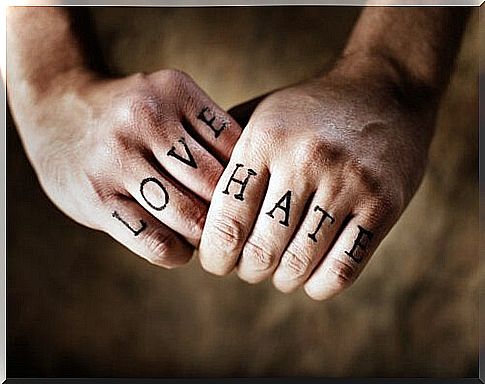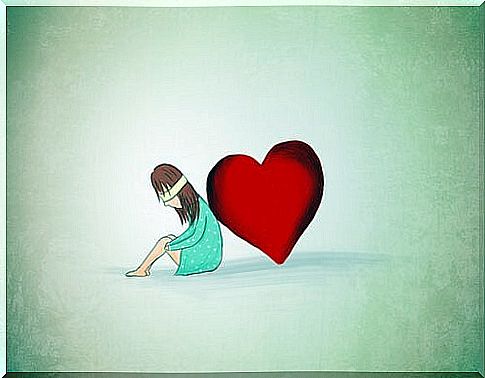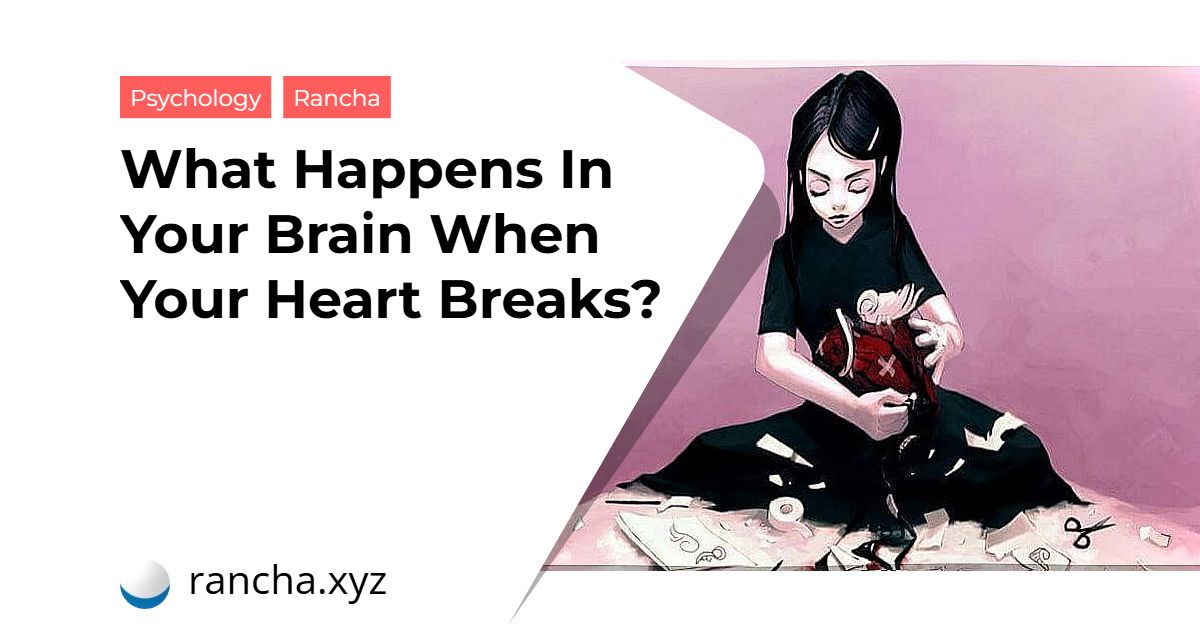Things unfinished leave us empty, desolate, confused. We feel the disappointment in love as if a part of us has been ripped away, and the truth is, it is something like that. Scientific research has shown that people involved in long-term loving relationships develop interrelated memories, making each individual part of a system on which both people depend.
When the relationship ends, this disconnection is experienced in a traumatic way. It is as if an extremity has been amputated and the body reacts by seeking this learned dependence, in a similar way to the withdrawal syndrome of someone who is attached to a certain substance.
Falling in love with someone is an emotional affective process that has many effects on the brain. For this reason, when the time comes for the couple to break up, there are several impacts on the brain. During disappointment in love, the same areas that are activated in physical pain are activated when we experience emotional pain.
The Brain During Love Disappointment
Various research shows that the same areas of the brain that are activated when a person falls in love, that produce attachment and desire to be with that person, are triggered in a breakup. This means that in addition to the pain of the break-up situation itself, the person can continue to feel attachment to their partner.
John Cacioppo, director of the Center for Cognitive and Social Neuroscience at the University of Chicago, USA, argues that we were designed to create stable emotional bonds and it is very painful for those bonds to be broken because the person we trust and believe in has failed.
The results of other research carried out on people who felt down right after a breakup show that the body, when reacting to pain, can release the same hormones that we release when we feel stressed, hormones that in turn can affect the normal activity of the digestive system or heart.
If we go through similar situations we know that it hurts a lot, but that life goes on, friends, family, our passions and our inner resources will help us to overcome the situation. The breakup process is like falling in love again, but in reverse. The neurological reactions provoked by romantic passion are similar in both cases.

The Brain During Overcoming A Breakup
Several researches have shown that as the romantic relationship develops, the idealization of the loved person is mitigated, but with the end everything is flooded again. The brain’s reward systems during disappointment in love are still waiting to receive their “love dose,” but once they don’t get the proper response, their reaction, as with drugs, is to increase the volume of that call.
This brain reward system screaming its dose is what ultimately drives us to behave impulsively or stupidly after the end of a relationship. When we write farewell messages to our ex-partners, we are actually responding to the chemical imbalances in our own brains.
In short, when love ends it hurts, it is real physical suffering that can last for months, but this pain is part of the healing and overcoming process. Different brain scans performed on people during the disappointment phase of love show that there is a special activity in areas of the prefrontal cortex, the brain region involved in personality expression, decision-making processes and planning of cognitively complex behaviors.

That is, while we mourn and cry, brain chemistry is already at work to reorganize behavior, balance emotions, and move us forward again.
 rancha.xyz Be free to choose their own route to self-knowledge, health and balance of body and soul.
rancha.xyz Be free to choose their own route to self-knowledge, health and balance of body and soul.




